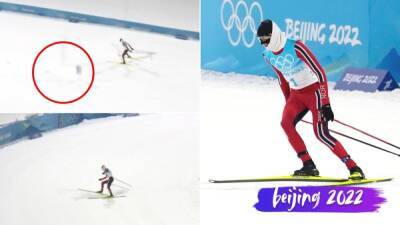Don't throw away old batteries, feed them to your plants instead
An Australian recycling company is turning old batteries into fertiliser for crops, in an effort to stop them from ending up in landfill.
Around 97 per cent of alkaline batteries in Australia are not recycled, these are the kind we put in television remotes, children's toys and torches. Instead, they end up in ordinary rubbish bins where disposal methods mean the chemicals that provide us with portable power can leak into the soil, causing pollution.
Over in Europe, it’s a different story. Legislation requires shops that sell batteries to ask customers to return them once they run out of juice. This means the percentage being recycled is significantly higher, in comparison to Australia.
For the batteries that are recycled, most power plants use extreme heat to melt down the metals inside them to be used again. But there’s one problem, everything else is burnt off, leaving other elements, which have been mined from natural sources, unused where they could be being repurposed elsewhere.
Envirostream wants to do things a bit differently. Part of Lithium Australia, which recycles all kinds of batteries, it is taking these other ingredients and turning them into something with the power to help plants grow.
“Globally, the disposal of alkaline batteries has become a major problem,” said Adrian Griffin, managing director of Lithium Australia, in a press release. “Our plan for repurposing the active components of the spent cells is not only a significant step towards worldwide environmental management of the issue but could also have a powerful influence on the sustainability of disposable batteries.”
Although some chemicals in batteries are toxic, this new method takes micro-nutrients present in alkaline batteries and turns them into







